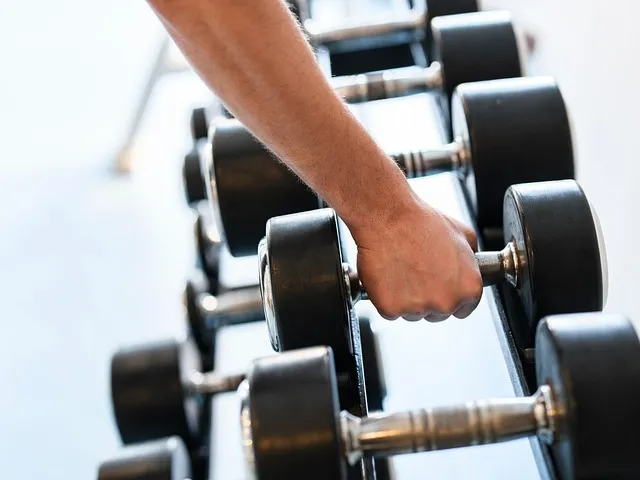Just like other athletes, the physical and mental health of a cyclist greatly determines the outcome of the competition. Professional cycling requires individuals to be disciplined in their physical exercises and avoid situations that strain their mental health.
Below are ways cyclists can maintain good health by balancing intense training with smart recovery, proper nutrition, and injury prevention strategies
1. Recovery Makes All the Difference
Sleeping for a cyclist isn’t just about meeting the 8-hour needed sleep. The depth of that rest determines how well muscles rebuild and energy stores replenish. Sleep quality trumps quantity for most professional cyclists. Rather than lying on bed casually, creating a bedroom sanctuary, like using blackout curtains, helps the body enter those crucial deep sleep phases.
Cold water immersion after brutal training blocks reduces inflammation markers significantly. Even a cold shower for two minutes provides benefits when ice baths aren't available. Some riders alternate between hot and cold water, though consistency matters more than the specific method chosen.
2. Eating Like a Professional
In contrast to the typical three meals a day, cyclists frequently opt to eat five or six meals. This is because three large meals are not as effective in maintaining stable blood sugar levels as eating smaller, more frequent meals throughout the day. The routine also prevents energy crashes that derail training sessions and mood.
Fo a cyclist water intake is majorly determined by the weather, altitude, and individual sweat rates.
The thirty-minute window after training sessions offers the best opportunity for muscle recovery. Chocolate milk works surprisingly well for this purpose, providing both protein and carbohydrates in ratios research supports. Some riders prefer homemade smoothies with fruit and protein powder.
3. Preventing Problems Before They Start
As much as you want to train as best as you can, it is advisable to mind how your body responds to certain exercise loads. To prevent overuse injuries, which are common among cyclists, always be cautious when monitoring the increase of your training load and always follow the ten percent rule. This offers a cautious guideline that shields tendons and joints from undue strain.
Regularly, cyclists tend to suffer from back pain and strained tendons as they often overlook working their core strength.
This leads to pulling out of races, getting tired early, and even not making it to the finishing line. This can be very disappointing and mentally draining, making it essential to seek the services of a chiropractor for back pain. Seeing the doctor should be done as early as you notice some discomfort when riding.
4. Mental Wellness Counts Too
Just like other athletes, the psychological pressures of professional cycling affect physical health in ways many riders underestimate. Tension is frequently brought on by travel tiredness, competitive nervousness, and the pressure to perform well during the competition. The tension eventually shows itself as immune system weakening, sleep problems, and muscle stiffness if proper mental health care is not received.
Short meditation sessions have quantifiable advantages for physical recovery rates and mental clarity. Establishing and maintaining a routine has been made easier by apps that allow you to curate a schedule that is convenient for busy training schedules.
लेखक





